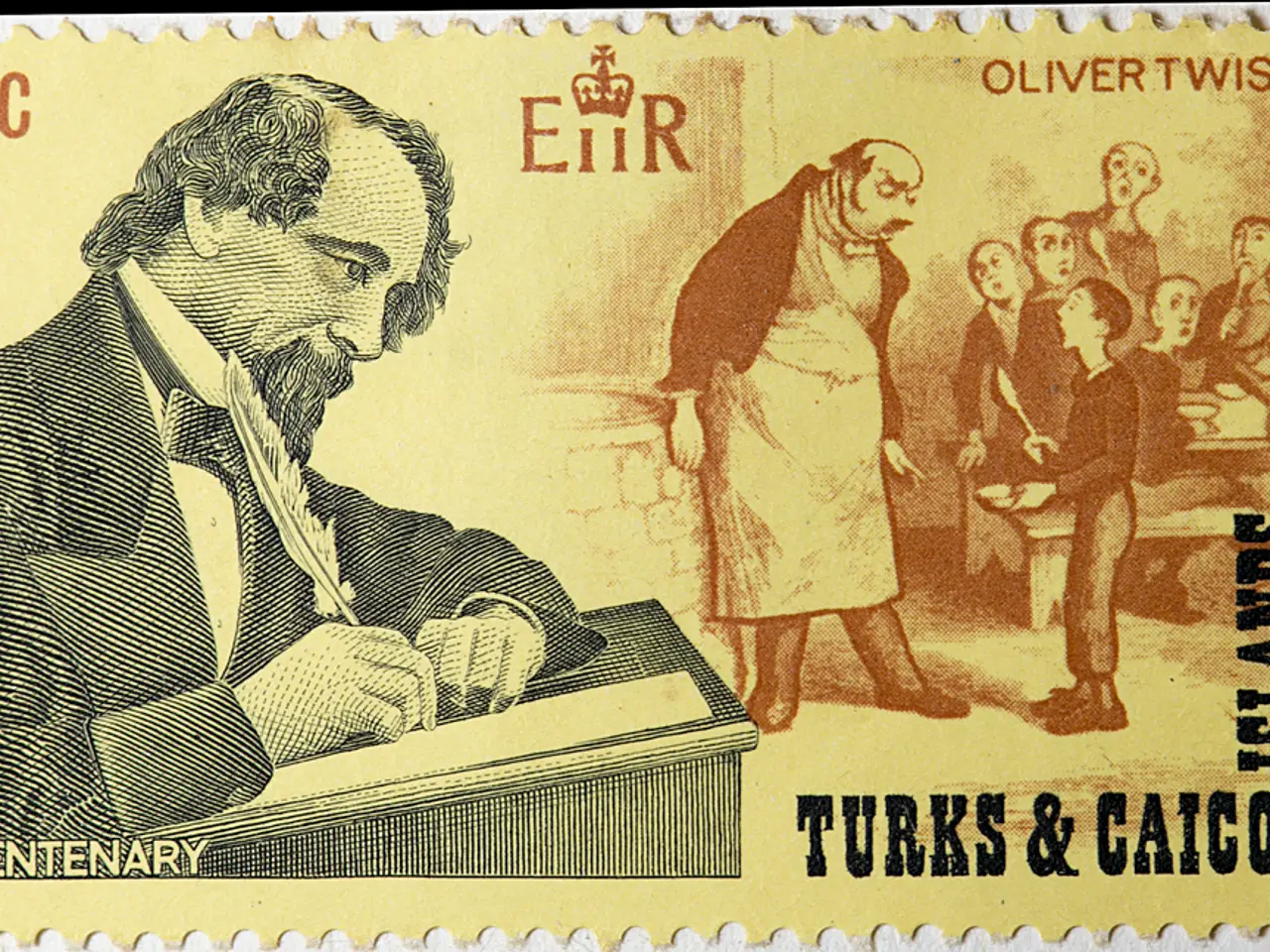Advocating for Enhanced Transparency within Global Mail Delivery Networks
The Universal Postal Union (UPU), a specialized agency of the United Nations and an organization that includes all UN member states, is undergoing significant reforms to adapt to the 21st-century postal and e-commerce landscape.
After the Trump administration's threat, the UPU began allowing all countries to self-declare their remuneration rates, marking a shift towards greater transparency. However, the UPU still does not make information on specific remuneration rates publicly available on its website, leading to concerns about its secrecy.
Key reforms include the introduction of the Integrated Quality Plan (IQP), which links service performance to remuneration and certification. This plan aims to increase accountability and transparency in service quality by introducing standardized performance metrics, enhanced tracking, and awards for high certification levels.
The UPU is also revamping its certification methodology, tying it to a robust follow-up mechanism (IQMM), to enable operators to identify service gaps systematically and encourage continuous improvement focused on customer experience and postal quality worldwide.
To better support postal development globally, the UPU is strengthening regional offices and cooperation policies. This regionalization aims to close operational gaps and promote more balanced member engagement and innovation tailored to local needs.
Addressing distorted terminal dues, a major source of controversy, is another key reform. The 2019 reforms, supported by the U.S. and others, introduced rate changes to reduce these distortions, with ongoing dialogue to ensure fees better reflect actual delivery costs, fostering fairer competition and innovation.
The UPU is also fostering greater efficiency, accountability, and resilience in the global postal network to align with public interest, not just member states’ interests. These efforts seek to reduce issues of member-centric prioritization by centering policies on customers and value-added services while maintaining universal service obligations.
While there is broad consensus on increasing transparency and service quality, challenges remain in balancing universal service aims, member state sovereignty, and market efficiencies. The UPU's lack of transparency has led to problems such as distorting prices, catering to member interests, and failing to innovate to address e-commerce.
To address these issues, the UPU is reforming its Consultative Committee to include more participants. By fostering collaboration among stakeholders, the UPU can modernize to meet the challenges of 21st-century e-commerce. The U.S. is advocating for open, recorded, and publicly accessible future UPU meetings to further increase transparency.
The UPU currently has 192 member states, but Andorra relies on Spain and France for its postal services. The UPU's reforms represent a comprehensive attempt to modernize and adapt its framework to 21st-century postal and e-commerce realities, moving from a primarily intergovernmental pricing model towards a performance and innovation-driven approach.
[1] UPU (2021). Integrated Quality Plan. [Online]. Available: https://www.upu.int/en/integrated-quality-plan [2] UPU (2021). Strengthening Regional Offices. [Online]. Available: https://www.upu.int/en/strengthening-regional-offices [3] UPU (2021). Distorted Terminal Dues. [Online]. Available: https://www.upu.int/en/distorted-terminal-dues [4] UPU (2021). Consultative Committee Reform. [Online]. Available: https://www.upu.int/en/consultative-committee-reform [5] UPU (2021). Strategic Development Plan 2020-2024. [Online]. Available: https://www.upu.int/en/strategic-development-plan-2020-2024
Image Credit: Chris Blakely on Flickr.
- The UPU's policy on self-declaring remuneration rates by countries reflects a shift towards greater transparency in the digital economy, seeking to foster innovation and fair competition in the industry.
- The introduction of the Integrated Quality Plan (IQP) is a key reform aimed at increasing accountability and transparency in service quality, allowing for the standardization of performance metrics across technology and AI-driven operations.
- The UPU's revised certification methodology, tied to the Integrated Follow-up Mechanism (IQMM), aims to promote continuous improvement in postal service and customer experience through systematic identification of service gaps.
- By strengthening regional offices and cooperation policies, the UPU aims to close operational gaps and foster balanced member engagement, tailoring innovation to local needs in the general-news sector.
- The UPU's reforms, addressing distorted terminal dues, are designed to reduce these distortions and foster fairer competition by better reflecting actual delivery costs in finance and business.
- To increase transparency and modernize its operations, the UPU plans to reform its Consultative Committee to include more participants, fostering collaboration among stakeholders and addressing concerns in politics and policy-and-legislation.
- The UPU's ongoing reforms represent a comprehensive attempt to align with public interest, moving towards a performance and innovation-driven approach that reflects the complexities of 21st-century postal and e-commerce realities.




